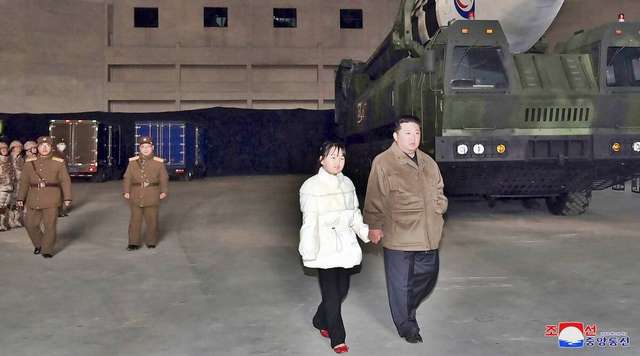
Starting from June 2023, every South Korean will be one or two years younger than their current age. As much as that sounds strange, the method of calculating a person’s age in Korea differs from most parts of the world, and a new law passed on Thursday has unified the ageing system, which would result in a reduction of at least one year from the age of every Korean.
As of now, Koreans calculate their ages using three different formats. They are the Korean age, the calendar or year age, and the international age system. However, following the bill passed by the country’s parliament, beginning next year, the Korean state would only recognise the international age of citizens, ignoring every other system.
“The state and local governments shall encourage citizens to use their ‘international age’ and conduct necessary promotion for that,” the bill says.
Member of Parliament, Lee Yong-ho, said: “If we stick to the international age system, we will no longer see the social and economic costs associated with all the confusion and inconvenience arising from the age gap.”
How Koreans calculate their ages
The Korean age
The ‘Korean age’ is the most popular method of calculating how old people are in Korea. Under this system, everybody becomes a year older on January 1, regardless of when they were born in the year. What that means is that if a person is born on March 2 2022, and another is born on December 30 2022, they will become two years each on January 1 2023.
How does a person born on December 30 2022, become two years old on January 2023? Under ‘Korean age,’ every year is calculated as one year, including your year of birth. That means the child born on December 2022, while calculating his age, would count 2022 as one year even if he was born a few seconds before the end of the year. And the moment another year comes by, he automatically becomes two years. That is why in South Korea, a two-day-old baby can be a two-year-old child.
This method of calculating years does not end with age. It is believed in South Korea that a pregnancy lasts for ten months instead of nine months. That is because the Korean woman believes the month she became pregnant is her first month of pregnancy. Should a woman conceive a baby in December, as of January, she would be two months pregnant. While it is unclear if the new law would affect how the months of pregnancy are counted, it would certainly affect how old Koreans are.
The year age
This method is not as complicated as the “Korean age.” Under this system, a baby does not become one year old until the next January 1 after his birth. That means his birth year would not be counted as one year but on the following year. The only difference between this system and the international age is that one does not need to wait for his birthday before adding a new year.
If a baby is born in June 2022, he will become one year on January 1 2023. This system is used in some formal settings, including military conscription, when a child should start school, and when a minor needs legal protection from abuse.
The international age
As the name implies, the international age is the system practised in most parts of the world, where a person becomes a year older on his or her birthday. That is the system the parliament has agreed to use in every part of the country beginning next year. If that happens, many Koreans will lose one or two years of their age, depending on the system they were using.
Why uniformity is important
Different people using different ages in the country have been an issue of confusion for many years. When should a child start schooling? If you say two years, then what constitutes two years? If compulsory military service begins at 21, at what does a person become 21? What if some are using the Korean age and others the international age? How to calculate people’s age has been a major issue in the country, and with the new bill, every citizen will know what to do and when to do it.
“There would be much less confusion if we could have the same idea of what it means to be how old we actually are,” Lee Yong-ho of Yoon’s People Power Party, in charge of the political, legal and public services at the transition committee, said.
South Korea is also a country where people’s ages determine how they are treated or addressed. The tone of speaking could determine if you are talking to someone older or younger. But the question of who is older or younger remains debatable as long as the Korean age system is used. With the newly adopted unification, everyone can now know who is older or younger, depending on their birth date.
Surveys conducted in the country show that 70 to 80 per cent of Koreans prefer a standard system generally accepted internationally. However, few people believed the standard system would alter the culture and tradition of the Korean people. For now, the majority of Koreans are longing for June 2023, when they will become younger.





0 Comments